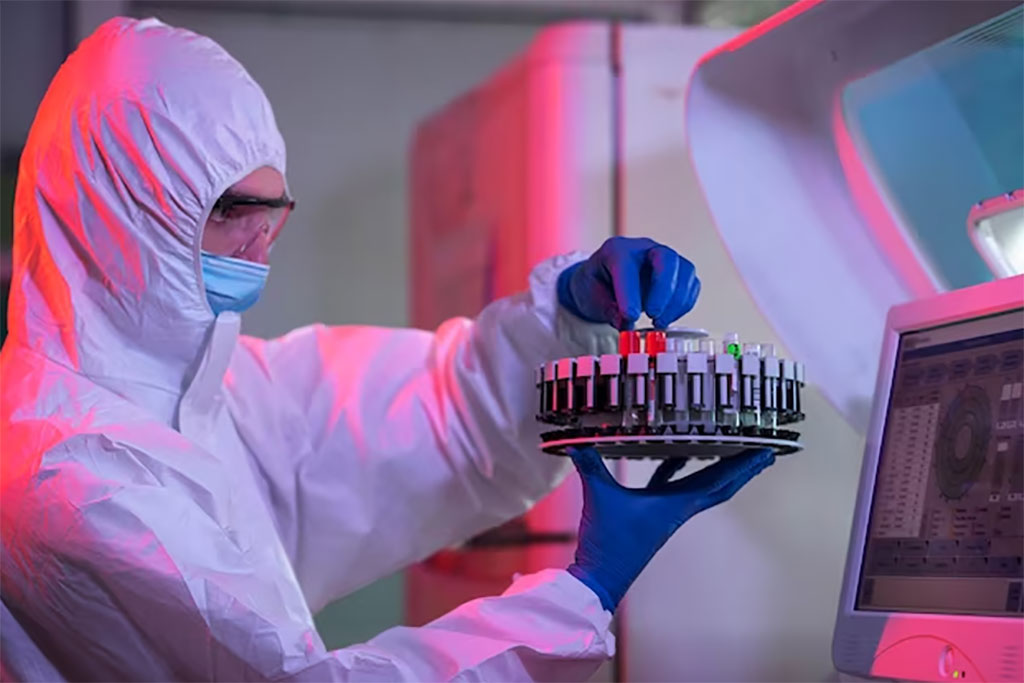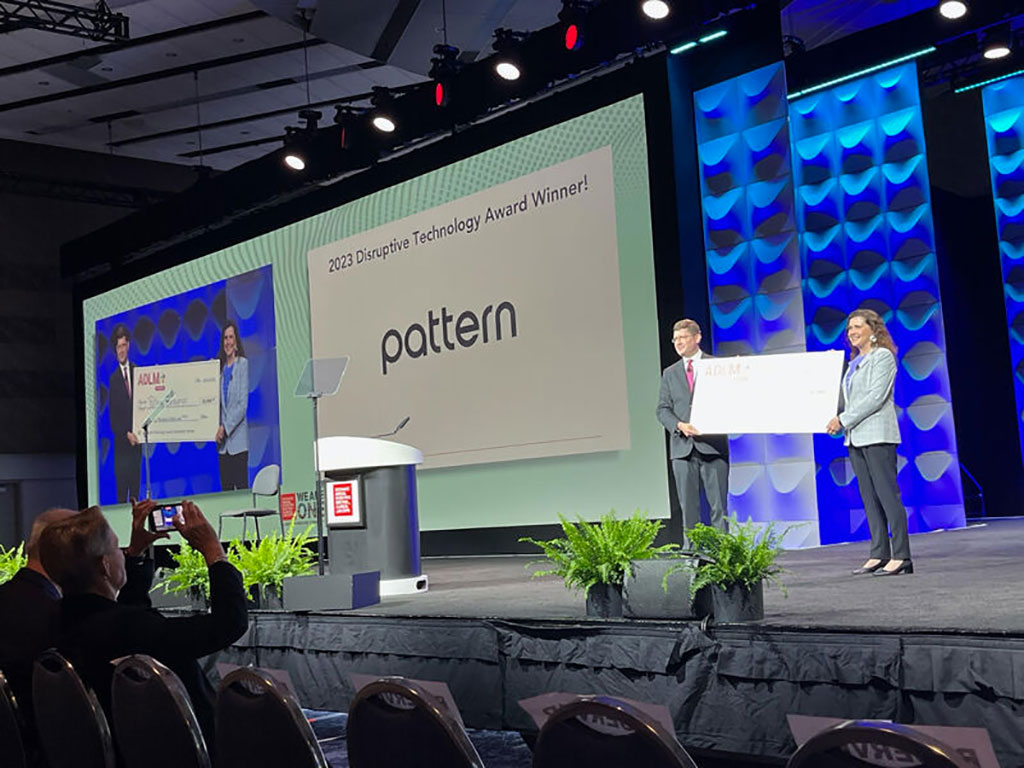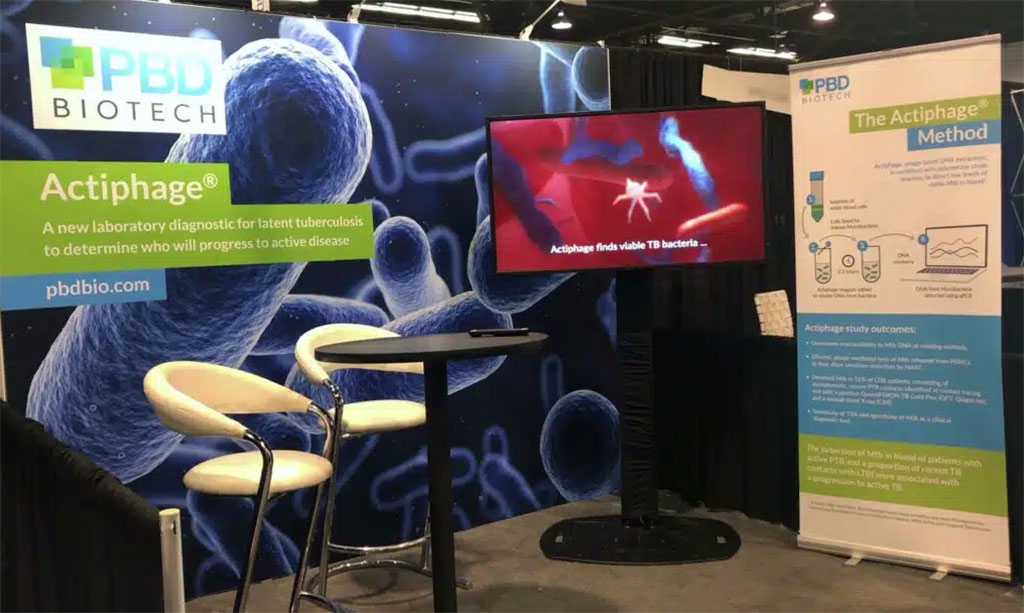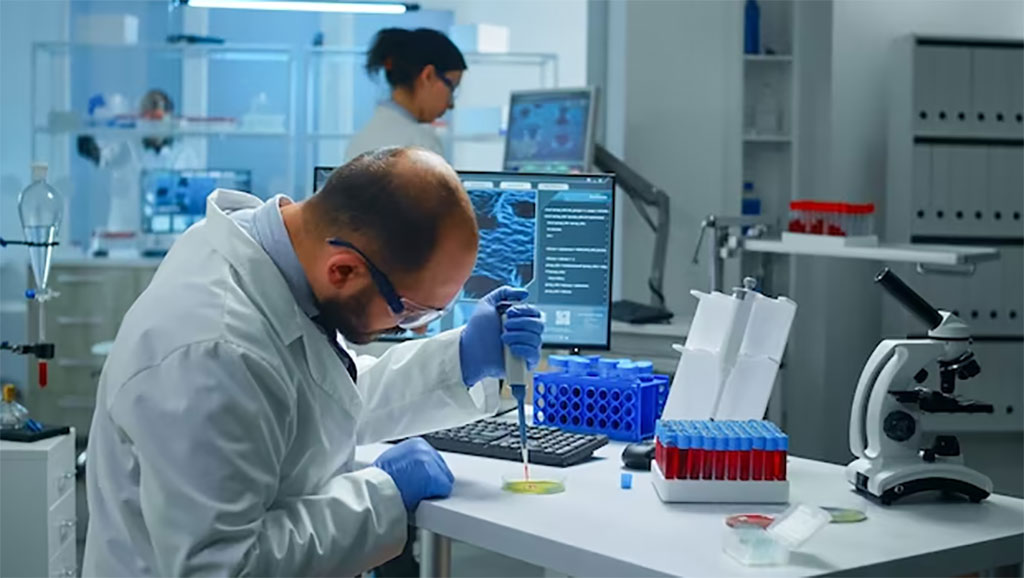Unique Competition Focuses on Using Data Science to Forecast Preanalytical Errors
Posted on 27 Jul 2023
Many institutions grapple with the issue of excess hemolyzed samples and are keen to understand how to address this problem while preserving scarce resources. The AACC session titled "Data Analytics Competition: Forecasting Future Preanalytical Errors" focused on this very issue.
At the session, Mark Zaydman, MD, Ph.D., from Washington University in St. Louis (WUSTL, St. Louis, MO, USA) announced the winners of a unique competition focused on utilizing data science to predict preanalytical errors arising from incorrect blood specimen collection. The session highlighted the lessons that medical lab professionals could learn from this competition. Co-hosted by the Section of Pathology Informatics of Washington University in St. Louis and the ADLM Data Analytics Steering Committee, the competition used a machine-learning and data-science platform called Kaggle to crowdsource solutions for problems across disciplines.

The competition for this year, titled "Help with Hemolysis," provided a real-world, anonymized dataset reflecting hemolysis within the clinical lab. Contestants had to use this dataset to determine which blood-specimen collectors could gain the most from training in phlebotomy best practices. The idea was to discover ways to reduce in vitro hemolysis while effectively using laboratory time and resources. The winning solution could guide institutions on how to better allocate their training resources. While educational interventions can help reduce hemolysis, they can be expensive and temporary, especially with a high staff turnover. A total of 18 participating teams had slightly over a month to work with the provided dataset before submitting their solution and also had to submit their code to demonstrate their problem-solving approach.
After providing an overview of the competition and summarizing the strategies adopted by the teams, Zaydman announced the winning team—Team Hemolyers. The winning team then shared their solution, offering attendees the opportunity to learn more about them, their approach to the problem, and ask any questions. The session's innovative teaching style differed from the conventional lecture format, aiming to cater to individuals of varying levels of experience. The format of the competition, which is into its second year, provided a novel way to learn, foster a collaborative community, and discover powerful solutions for real-world problems. Zaydman who had hosted the first competition as well pointed out that interdisciplinary teams—combining clinical lab expertise and computer-science knowledge—had been the winners both the times. This was mainly attributed to the increasing accessibility of data science tools and computational resources to individuals without advanced data science degrees. Such interdisciplinary teams can identify gaps in patient care and collaborate to develop innovative and viable solutions.
Despite the particular difficulty of the task for this year's competition, Zaydman stressed that the results were remarkable. “A valuable model doesn’t have to be perfect, as long as it saves costs and improves patient care,” he said.
Related Links:
WUSTL













